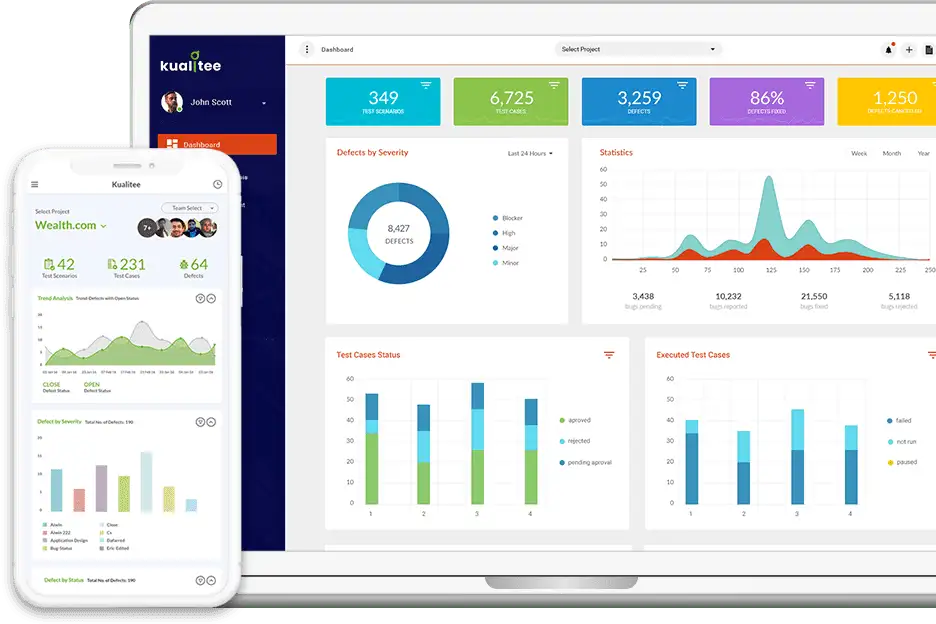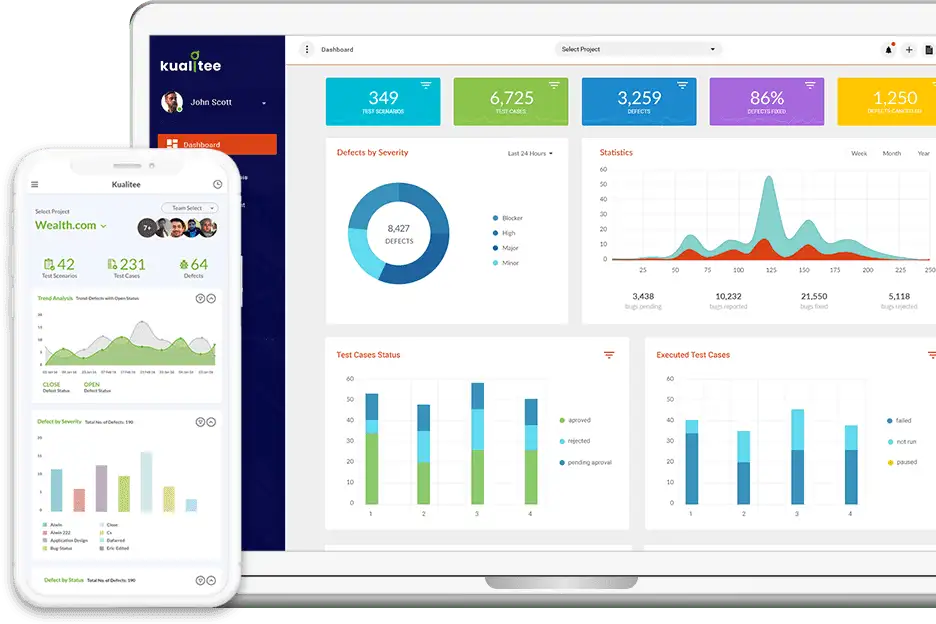Enhancing Software Testing with Customizability in Kualitee

Strong 8k brings an ultra-HD IPTV experience to your living room and your pocket.
In this innovative world of software development, teams require tools that help them be more efficient and can fit into their specific workflows. The power to adapt a software testing tool easily is now the main reason for its success. Among all, Kualitee is a remarkably useful platform because it can be customized to suit a range of QA needs.
The Value of Being Able to Customize QA Tools
All organizations use different testing strategies, ways of working, and team designs, tailored to their specific goals, technologies, compliance needs, workflows, and project complexities. One type of test management tool usually does not fit the particular needs of each team. Customizability ensures:
- Seamless integration into existing processes
- Enhanced team productivity
- Accurate tracking of relevant KPIs
- Improved reporting and visibility
This flexibility becomes especially crucial for teams adopting Agile or DevOps methodologies, where requirements frequently evolve.
Kualitee: A Customization-Friendly Test Management Tool
Kualitee provides a robust suite of customizable features that support agile teams, manual and automated testing, and complex QA workflows. Here’s how:
1. Custom Fields & Defect Templates
Kualitee allows users to create custom fields for test cases, defects, and requirements. This ensures the tool captures exactly the data your team needs—no more, no less. With this level of flexibility, QA teams can align the platform with their unique workflows, industry standards, or project-specific requirements. Whether you're tracking priority levels, business impacts, root causes, or environment details, custom fields help you organize and filter information efficiently. It also enhances traceability and reporting, ensuring every test artifact is fully contextualized. This adaptability not only boosts productivity but also improves communication across QA, development, and management teams for better decision-making. You can also modify defect templates to suit different projects or departments.
2. Workflow Configuration
Teams can tailor workflows based on roles, statuses, and actions. This feature enables smooth handoffs and better coordination between QA engineers, developers, and managers.
3. Custom Roles & Permissions
Using Kualitee, you can set custom roles that allow users only the permissions you choose, making it convenient to handle access and data security.
4. Dashboard Personalization
People can select the important metrics they want to monitor, for example, the status of tests, the number of defects, or when different project phases will be completed. Live visibility helps to make decisions faster with the help of data.
5. User manual integration for CI/CD and Dev tools
Working with JIRA, Jenkins, Git, and Selenium, Kualitee greatly simplifies the process of building a testing ecosystem that works well with a team’s development.
Being able to customize the software is not just a convenience; it’s necessary for excellent QA processes. As a result of Kualitee’s extensive customization tools, testing teams are in a better position to control, manage, and understand all testing activities.
In case you need a test management tool that adapts to you, look into how Kualitee can help you by providing true adaptability and custom workflows for QA.
Visit Kualitee to learn more and start your journey toward smarter, tailored software testing.
Note: IndiBlogHub features both user-submitted and editorial content. We do not verify third-party contributions. Read our Disclaimer and Privacy Policyfor details.







